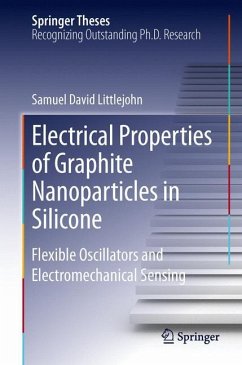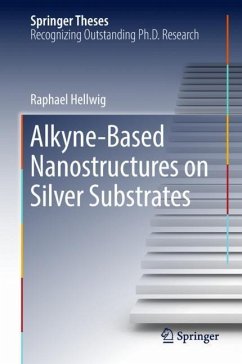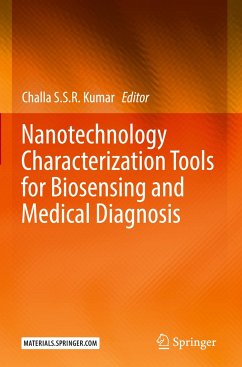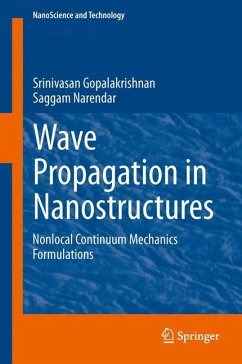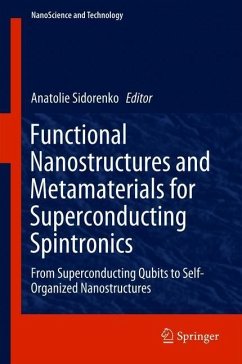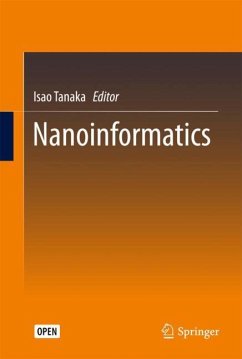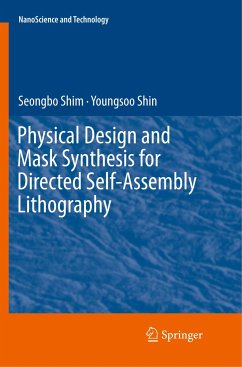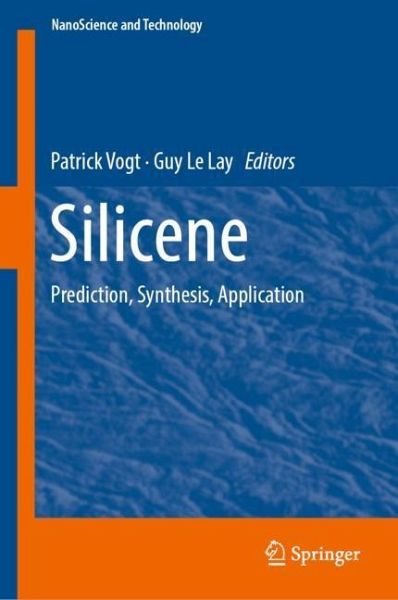
Silicene
Prediction, Synthesis, Application
Herausgegeben: Vogt, Patrick; Le Lay, Guy

PAYBACK Punkte
53 °P sammeln!
This book discusses the processing and properties of silicene, including the historical and theoretical background of silicene, theoretical predictions, the synthesis and experimental properties of silicene and the potential applications and further developments. It also presents other similar monolayer materials, like germanene and phosphorene.Silicene, a new silicon allotrope with a graphene-like, honeycomb structure, has recently attracted considerable interest, because its topology affords it the same remarkable electronic properties as those of graphene. Additionally, silicene may have th...
This book discusses the processing and properties of silicene, including the historical and theoretical background of silicene, theoretical predictions, the synthesis and experimental properties of silicene and the potential applications and further developments. It also presents other similar monolayer materials, like germanene and phosphorene.
Silicene, a new silicon allotrope with a graphene-like, honeycomb structure, has recently attracted considerable interest, because its topology affords it the same remarkable electronic properties as those of graphene. Additionally, silicene may have the potential advantage of being easily integrated in current Si-based nano/micro-electronics, offering novel technological applications.
Silicene was theoretically conjectured a few years ago as a stand-alone material. However, it does not exist in nature and had to be synthesized on a substrate. It has since been successfully synthesized and multi-layer silicene structures are already being discussed. Within just a few years, silicene is now on the brink of technological applications in electronic devices.
Silicene, a new silicon allotrope with a graphene-like, honeycomb structure, has recently attracted considerable interest, because its topology affords it the same remarkable electronic properties as those of graphene. Additionally, silicene may have the potential advantage of being easily integrated in current Si-based nano/micro-electronics, offering novel technological applications.
Silicene was theoretically conjectured a few years ago as a stand-alone material. However, it does not exist in nature and had to be synthesized on a substrate. It has since been successfully synthesized and multi-layer silicene structures are already being discussed. Within just a few years, silicene is now on the brink of technological applications in electronic devices.



